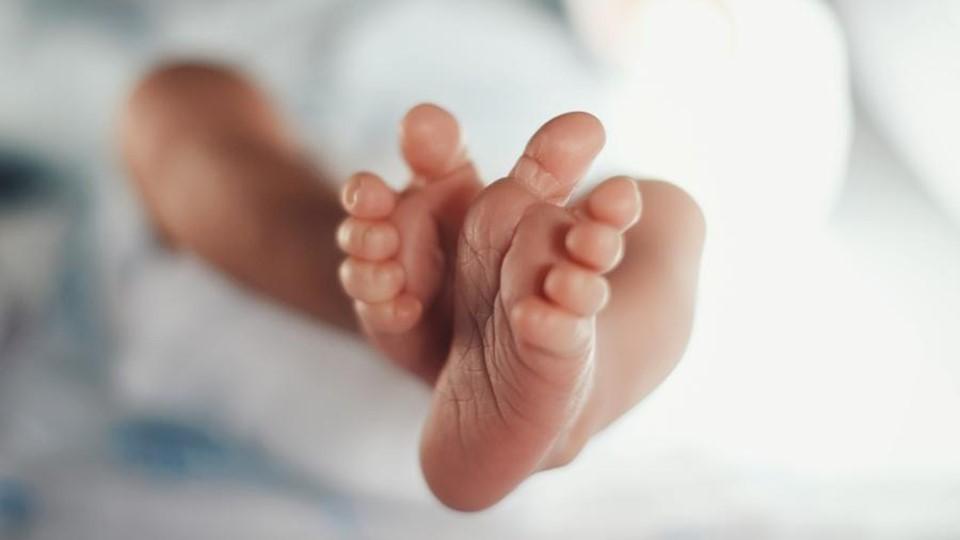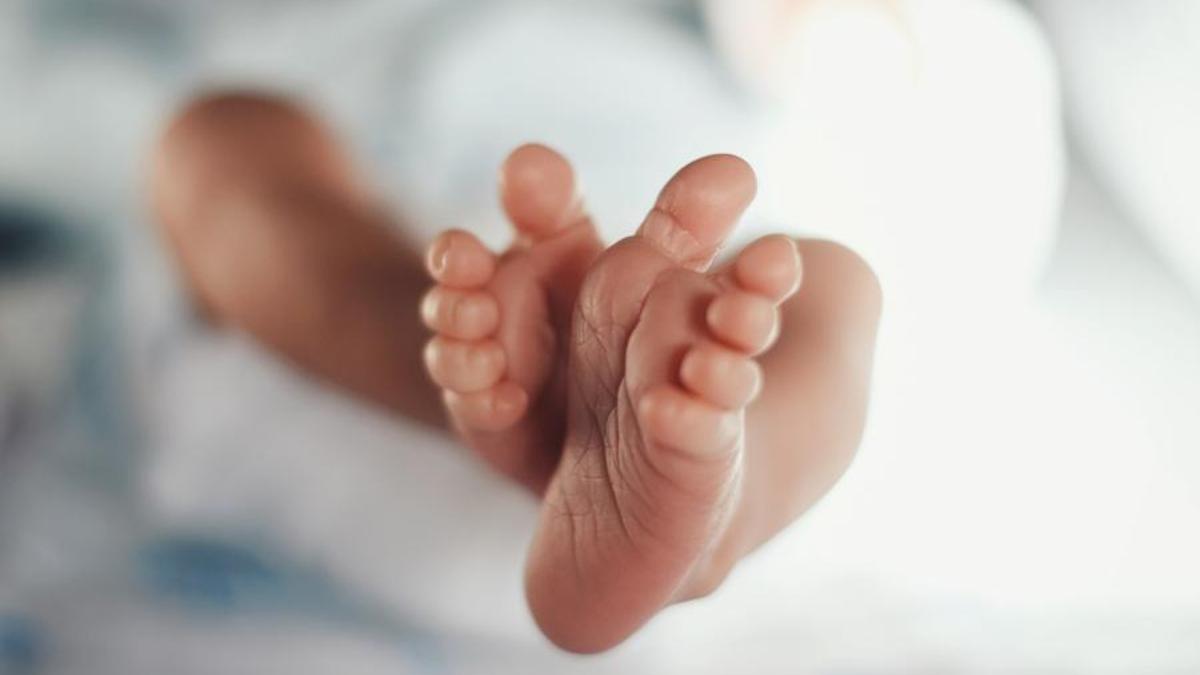CDC backs maternal use of Pfizer’s RSV vaccine

The way has been largely cleared for the rollout of Pfizer’s respiratory syncytial virus (RSV) vaccine to help protect newborns and infants from the virus after an advisory committee to the Centers for Disease Control and Prevention (CDC) recommended its use.
The Advisory Committee on Immunization Practices (ACIP) has backed the use of Abrysvo from 32 through 36 weeks of pregnancy to provide protection from RSV from birth through the first six months of life in an 11-to-one vote.
The only remaining hurdle is a review of the recommendation and adoption by the director of the CDC, which typically follows shortly after the ACIP reaches a decision.
The swift decision comes after the FDA approved the vaccine for this indication at the end of August, and means that Abrysvo should be an option for expectant mothers ahead of the RSV season in the US, which starts in the autumn.
Abrysvo is administered in one dose to pregnant women during pregnancy and has been shown in clinical trials to reduce the risk of RSV hospitalisation for babies by 57% in the first six months after birth.
It is the first vaccine for this use, but will have to compete in the coming season with Sanofi and AstraZeneca’s antibody-based alternative for RSV prevention – Beyfortus (nirsevimab) – which has already been cleared by both the FDA and CDC for use in infants and young children.
Last month, the CDC recommended one dose of Beyfortus for all infants younger than eight months born during or entering their first RSV season and also said one dose could be used in infants and children 8-19 months old who are at increased risk for severe RSV disease and entering their second RSV season.
“This is another new tool we can use this fall and winter to help protect lives,” said CDC Director Dr Mandy Cohen. “I encourage parents to talk to their doctors about how to protect their little ones against serious RSV illness, using either a vaccine given during pregnancy or an RSV immunisation given to your baby after birth.”
Nearly all newborns get RSV and show symptoms akin to a mild version of the flu. In some cases, however, the infection reaches the lower tract, which can be much more serious.
Approximately 1% to 3% of children under 12 months of age in the US are hospitalised each year due to RSV, according to figures from the American Academy of Paediatrics.
Arexvy cleared in Japan
Meanwhile, GSK has picked up approval in Japan for its rival RSV vaccine Arexvy, becoming the first to be cleared for use in older adults aged 60 and above for respiratory tract disease caused by the virus. The Japanese approval comes after the shot was cleared for this use in the US, EU, UK, and Canada.
Arexvy was abandoned as a maternal shot due to an imbalance in preterm births and neonatal deaths. Pfizer filed for Japanese approval of Abrysvo for the prevention of RSV disease in the older adult setting in February.












